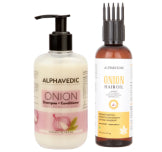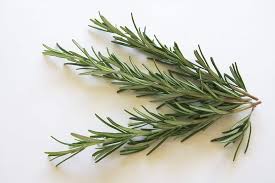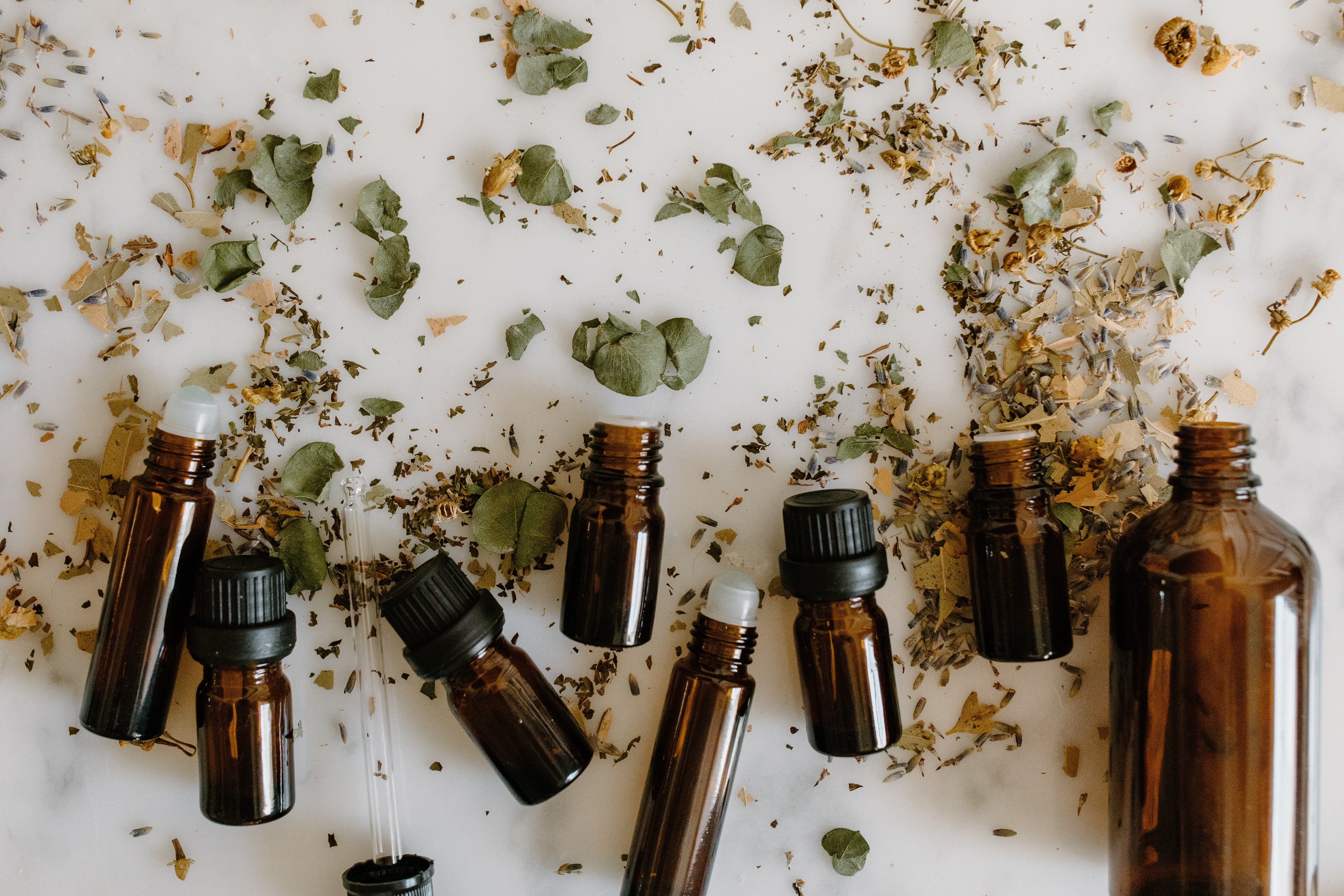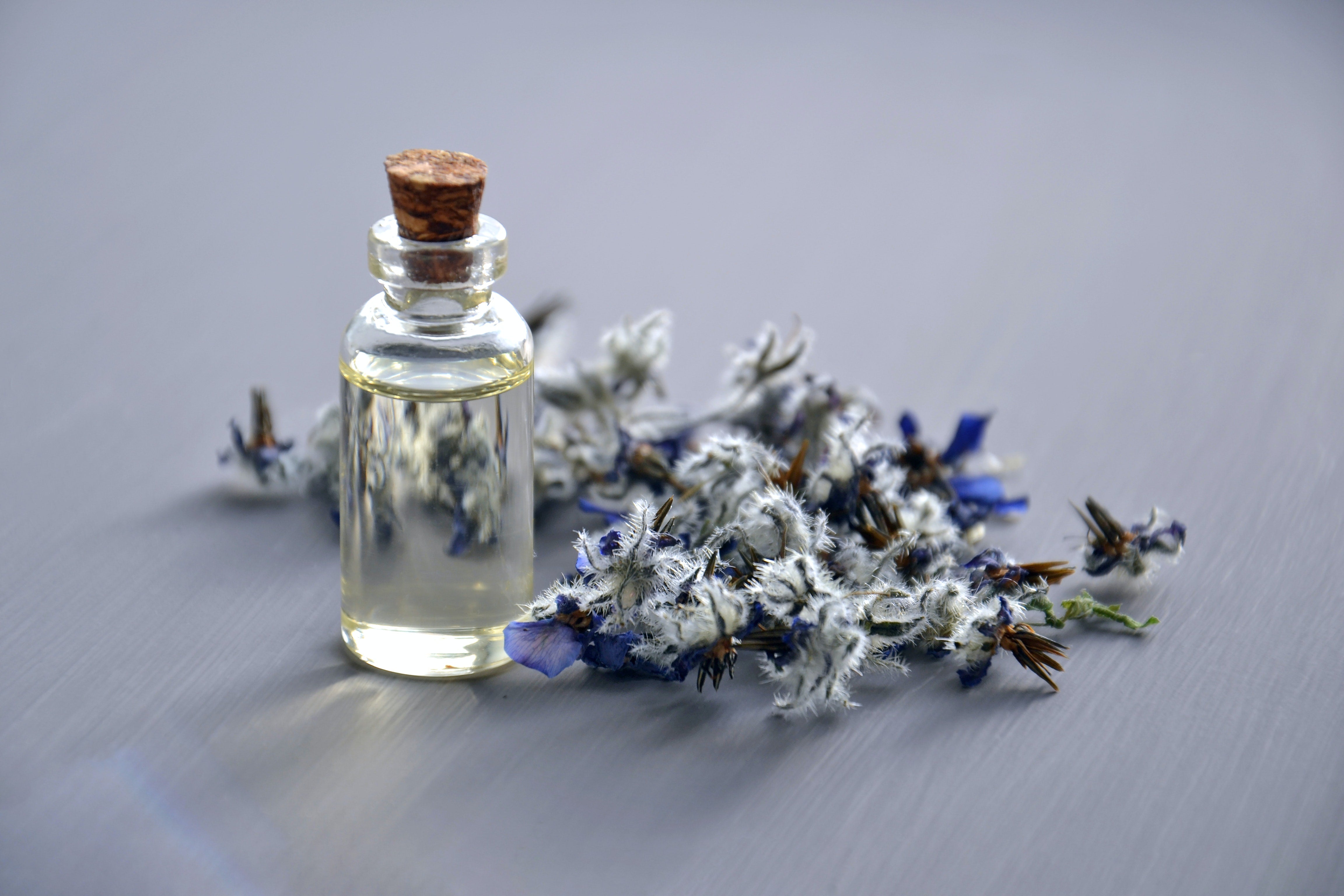Rosemary, the term instantly rings the bell of all the Mediterranean and Italian cuisines. Belonging to the mint family, rosemary has been in use since the dawn of humanity. The term rosemary was derived from the Latin words “ros” (dew) and “marinus” (sea), which means “dew of the Sea” since it originally belongs to the cliffs of the Mediterranean region. The usage of this aromatic herb has been mentioned in folklore and was even looked after as a sacred ingredient by ancient Greeks, Egyptians, Hebrews, and Romans. The herb was sewn along with the garland in marriage. The scent has a scent of remembrance and thus it was even put down with the demised into their graves as a notion that they aren’t forgotten. The herb was used by Greek scholars are a headband while studying as it was said to improve cognitive power and boost memory.
Rosemary herbs look similar to that of a pine tree with tiny blooms, the plant grows favourably in a hot and humid environment. Packed with medicinal properties, the leaves are used in several cuisines to add flavour, and steam distilled to extract the oil which is then used for aromatic therapy and many other ailing treatments. Apart from being used for its benefits, the aroma of this herb made it a mode of memory. Although in folk times, research and studies were not done, rosemary has been in use as incense, as a herb, as a pain reliever, to boost memory and stress reliever.

The beginning of its usage
For centuries, rosemary has been used to calm agitation, de-stress the brain, and improve cognitive function. One study found that both cognitive performance and mood improved with exposure to essential oil. The uses of Rosemary Essential Oil are abundant, ranging from medicinal and odorous to cosmetic. The usage or rather promotion of rosemary was initiated by a Greek-Swiss physician Paracelsus who popularized its healing properties, including its ability to strengthen the body and to heal organs such as the brain, heart, and liver.
A boon to you skin and hair
Rosemary is packed with antioxidants that protect your skin, preventing signs of ageing. Rosemary oil’s anti-inflammatory properties also make it great for naturally reducing redness and puffiness in the skin. The ursolic acid in rosemary leaves improves blood circulation, thus promoting hair growth. Rosemary leaves are also rich in antioxidants. Using Rosemary oil can help reduce the premature greying of hair alongside. Its anti-inflammatory and anti-microbial effects help keep the scalp free from dandruff and irritation.

A natural pain-reliever
It can be used to treat everything from the flu and the common cold to headaches and nausea. It works well as a mild analgesic and also has strong natural antioxidant properties. Rubbing rosemary oil on your stomach and the bottom of your feet can aid digestion as the oil improves the quality of gastric acid secretion and the volume of bile produced by the liver. Thus, it can help relieve constipation, stomach cramps, bloating and flatulence. Multiple studies have shown that rosemary can be very beneficial for our dental health. The antimicrobial properties of its essential oil are effective in dealing with oral pathogens.







